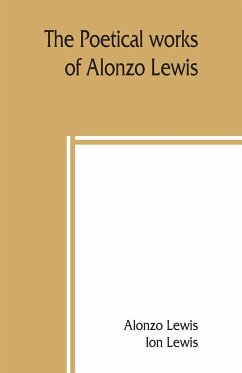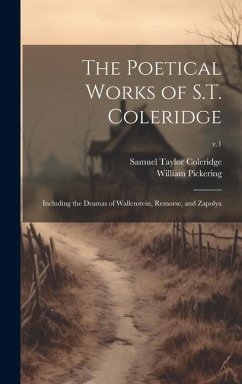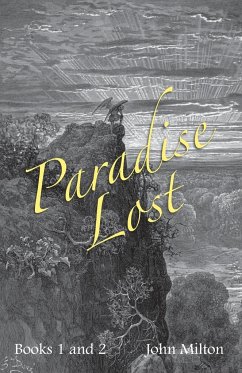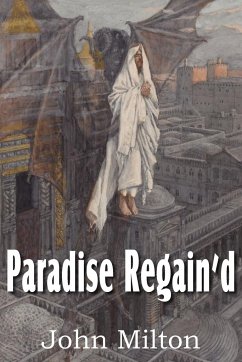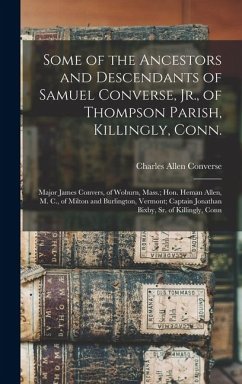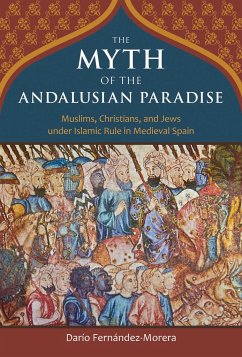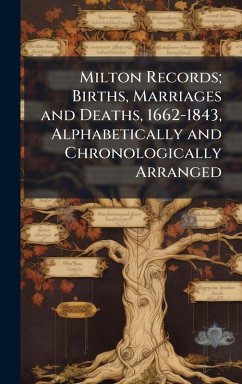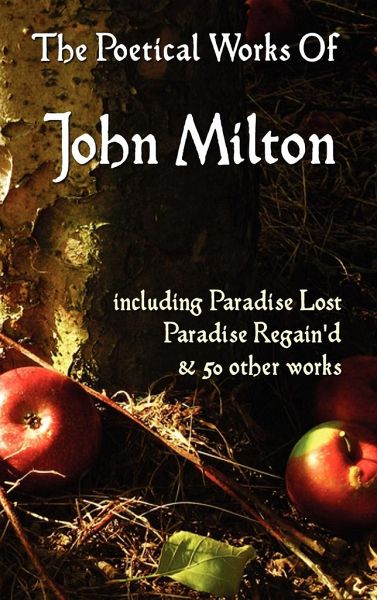
Paradise Lost, Paradise Regained, and Other Poems. the Poetical Works of John Milton
Versandkostenfrei!
Versandfertig in 1-2 Wochen
41,99 €
inkl. MwSt.

PAYBACK Punkte
21 °P sammeln!
This book contains John Milton's poetical works, with line numbers and footnotes. This includes Paradise lost, Paradise Regain'd and Sampson Agonistes as well as forty-nine other works. Most famous of these is Paradise Lost which is the Epic Poem by Milton, considered to be one of the greatest literary works in the English language. It was originally published in 1667 in ten books, containing over ten thousand lines of verse. The poem brings to life the story in Genesis about the Fall of Man and subsequent expulsion from the Garden of Eden. Milton states that his purpose in writing the poem is...
This book contains John Milton's poetical works, with line numbers and footnotes. This includes Paradise lost, Paradise Regain'd and Sampson Agonistes as well as forty-nine other works. Most famous of these is Paradise Lost which is the Epic Poem by Milton, considered to be one of the greatest literary works in the English language. It was originally published in 1667 in ten books, containing over ten thousand lines of verse. The poem brings to life the story in Genesis about the Fall of Man and subsequent expulsion from the Garden of Eden. Milton states that his purpose in writing the poem is to "justify the ways of God to men."





